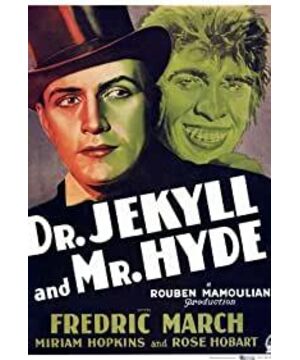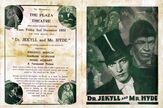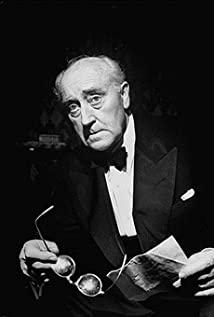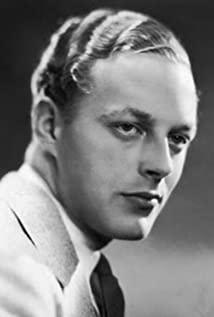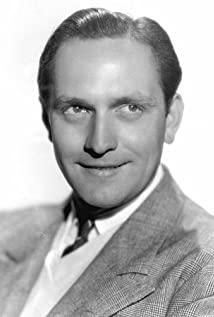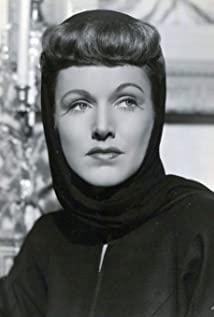This dichotomous horror cinema progenitor which ripsnortinglydelves into the sordid underside of human psyche, is directed by the Hollywood's maverick innovatorRouben Mamoulian and made just shy of the scourge of Production Code.
From its unorthodox opening sequences, shot with anovoid vision-bounded subjective angle, immediately viewers realize they are watching something novel, intriguing and challenging the normalcy of our ocular perception of the silver screen. Even appraised in this day and age, Mamoulian's sleight-of -hand still resoundingly holds court.
In the Victorian London, the respectable Dr. Henry Jekyll (March) concocts a potion which can turn himself into an alter ago of his dark side, Mr. Hyde, whose appearance also changes into a primitive, simian-like reprobate and is immune to any conscience and morality. One of the most extraordinary visual tricks from Mamoulian is the deceptively uninterrupted close-up of Jekyll's visage morphing into Hyde's under our direct scrutiny, which he would spill its magic beans decades later. Also, prominent and equally impressive is his implement of montages, in particular during Dr. Jekyll's first transmogrification, a hallucinogenic concatenation of the extrinsic incentives which tease out a decent man's darkest facet.
A whey-faced Fredric March wins his first BEST ACTOR Oscar award (shared with Wallace Beery in King Vidor's THE CHAMP 1931) for buckling down this Janus-faced showcase and rendering it with both ample empathy and pathos, Jekyll's repeated frustration of consummating with his sweetheart fiancée Muriel (Hobart) works up as the primal trigger of Hyde's unleashing and persistence, it is rather incisive to link a human's sexual impulse with his dark side, a motif naturally falls in with Victorian mores and codes of behavior, and looking back, how to lift“sex” from the list of taboos really signifies a big step to understand humanity,
The two actresses serve as trimmings under March's duopoly, are diametrical in their social statuses, but not so much in their abject thirst of love and blind subjugation to Jekyll's gentlemanlike front: Miriam Hopkins' terrorized Ivy Pierson is incredibly harrowing when we all too well really that she is doomed in the cul-de-sac, and Rose Hobart's ladylike meekness might reflect what one deems as a noble and devoted wife-to-be then (don't give up your man no matter what), but teeters on the brink of mawkishness quickly seen through a more critical eye. With all the classic oldies now in vogue for revamping and retrofitting, Robert Louis Stevenson's timeless warhorse could be well infused with a progressive spin (human iniquity is a gold mine to milk) to exhort younger generations, butMamoulian's ingenuity is nevertheless, substantially nonpareil.
referential point: Fritz Lang's M (1931, 9.0/10)
View more about Dr. Jekyll and Mr. Hyde reviews


